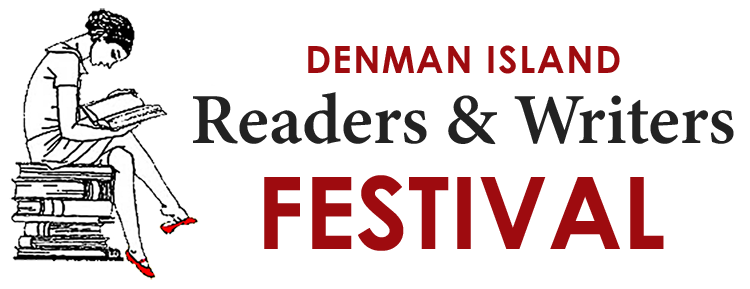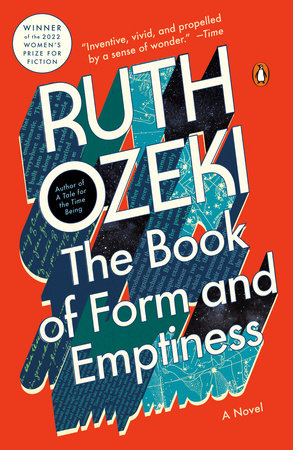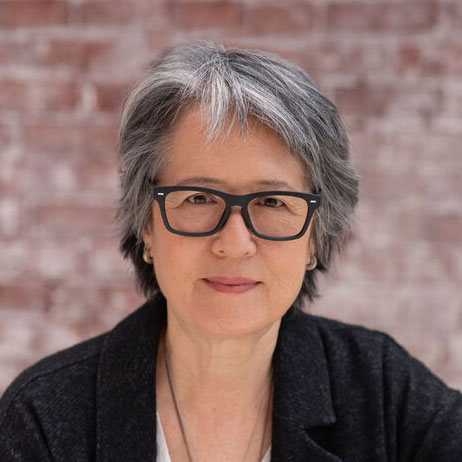Ruth Ozeki | The Book of Form and Emptiness
Reviewed by: Claire KennedyThe Author: Ruth Ozeki is a novelist, film maker, creative writing Professor and Zen Buddhist Priest. She splits her time between Massachusetts, New York City and Cortes Island. Her latest book, “The Book of Form and Emptiness” won the Women’s Prize for Fiction in 2022. Her previous book, “For the Time Being” was shortlisted for the Booker Prize in 2013. Her novels have been translated and published in over 30 countries.
The Book: With “The Book of Form and Emptiness” Ruth Ozeki has given us another brilliant, multi-faceted novel. This richly layered book tells the tale of Benny Oh, a 14 year old, who loses his jazz musician father in a tragic accident. His mother, Annabelle, then falls into a depression. Between excessive hoarding, the threat of losing her home, and trying to balance the demands of her job and son, Annabelle is caught in a quagmire. Benny, struggling with his own mental health and grief, begins to hear the voices of objects speaking to him. He tries to ignore them, but as his mother continues to clutter their home, the voices get louder and harder to ignore. Annabelle’s love for Benny is strong, but her hoarding and awkward attempts to show her love only push him further away. Benny begins to skip school and hang out at the library instead, where he meets interesting characters who welcome him into their little circle. His new friends include an enchanting young woman, Alice (The Aleph), who struggles with addiction and an abusive past, and Bottleman, an old, philosophizing, alcoholic poet. Ozeki masterfully gives life to these characters who help Benny discover his own voice. As Benny’s voice emerges, so does another pivotal character in the narrative, namely, Benny’s book. His book has its own opinions and tries to help.
Ozeki’s novel adeptly explores the line between awareness and higher consciousness and psychotic illness. The Aleph, Bottleman, Annabelle, and Benny all walk this razor’s edge, all uniquely intelligent but disastrously failing to keep their balance in one way or another. Ozeki, herself a Zen Buddhist monk, references Buddhist themes throughout the book. The title, “The Book of Form and Emptiness”, alludes to a famous Buddhist text, The Heart Sutra. Best known for the line “Form is Emptiness, Emptiness Form”, this sutra reminds us that although we believe things are concrete and real, their existence depends upon our own perception or mental constructs. Form is ultimately illusory and empty without our mental participation. There is nothing absolute; what we think is real involves an interdependent arising of both the objective and subjective.
Come listen to Ruth speak about “The Book of Form and Emptiness”, and other things, at the Denman Island Readers and Writers Festival (21-23 July), where we are lucky to have her as part of this year’s lineup of amazing writers.
Please fill out the form below to receive news from us.


